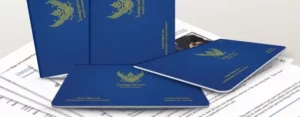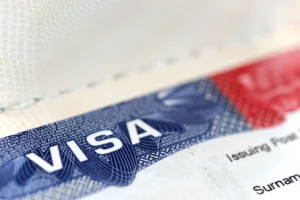Mortgages in Thailand have become an increasingly popular option for both locals and foreigners looking to invest in the country’s vibrant property market. With favorable interest rates, flexible terms, and a growing range of financing options, obtaining a mortgage in Thailand has never been more accessible. In this article, we’ll explore the ins and outs of securing a mortgage in Thailand, from eligibility criteria to the application process and key considerations.
Understanding Mortgages in Thailand
A mortgage, or ‘home loan,’ is a type of loan specifically designed to help individuals finance the purchase of real estate. In Thailand, banks and financial institutions offer a variety of mortgage products tailored to meet the diverse needs of property buyers, whether they’re looking to purchase a condominium, house, or land.
Key Features of Mortgages in Thailand
- Loan-to-Value Ratio (LTV): The Loan-to-Value Ratio is a critical factor in determining the amount you can borrow. In Thailand, banks typically offer LTV ratios ranging from 70% to 80% for foreigners and up to 90% for Thai nationals, depending on the property type and loan amount.
- Interest Rates: Interest rates on mortgages in Thailand are generally competitive, with both fixed and variable rate options available. It’s essential to compare interest rates from different lenders to find the most favorable terms for your financial situation.
- Loan Tenure: Mortgage loans in Thailand usually come with flexible repayment terms, ranging from 5 to 30 years. Longer loan tenures can result in lower monthly payments but may incur higher interest costs over time.
- Down Payment: A down payment is required when purchasing a property in Thailand, typically ranging from 20% to 30% of the property’s purchase price. Some banks may require a higher down payment for foreigners or specific property types.
- Processing Fees and Charges: In addition to interest rates and down payments, borrowers should be aware of any processing fees, insurance premiums, and other associated costs when taking out a mortgage in Thailand.
Eligibility Criteria and Application Process
To qualify for a mortgage in Thailand, applicants must meet certain eligibility criteria set by the lender, which may include minimum age requirements, employment status, and a satisfactory credit history. The application process typically involves the following steps:
- Pre-Approval: Before shopping for properties, it’s advisable to obtain a pre-approval from a bank or financial institution. This will give you a clear understanding of your budget and make you a more attractive buyer to sellers.
- Property Valuation: Once you’ve found a property, the lender will conduct a valuation to determine its market value and confirm the loan amount.
- Documentation: Applicants will need to submit various documents, including proof of identity, income statements, employment letters, and property details, to support their mortgage application.
- Loan Approval and Disbursement: After reviewing the application and supporting documents, the lender will approve the loan and disburse the funds to the seller or developer upon completion of the property purchase.
Conclusion
Mortgages in Thailand offer a viable and cost-effective way to finance your dream property in the Land of Smiles. With competitive interest rates, flexible terms, and a straightforward application process, securing a mortgage in Thailand has never been more accessible. However, it’s essential to do your research, compare loan options, and consult with financial experts to ensure you make informed decisions that align with your financial goals and property aspirations. Whether you’re a first-time buyer or an experienced investor, a mortgage in Thailand could be the key to unlocking your property dreams in this tropical paradise.




